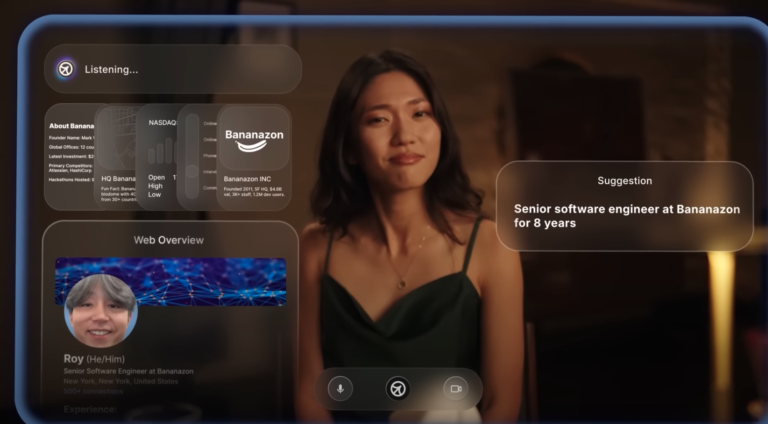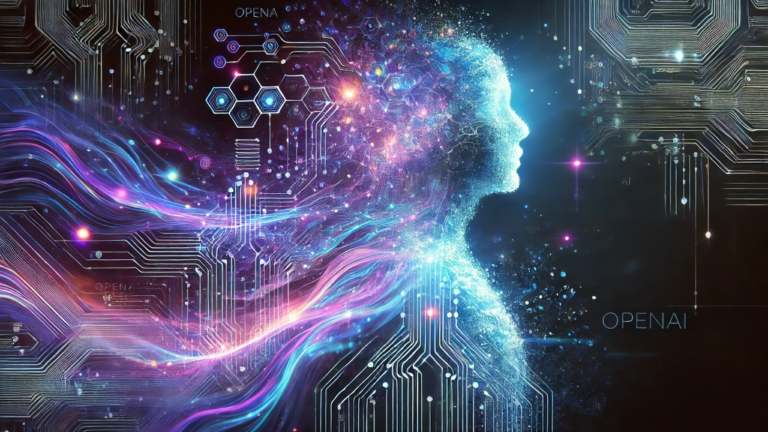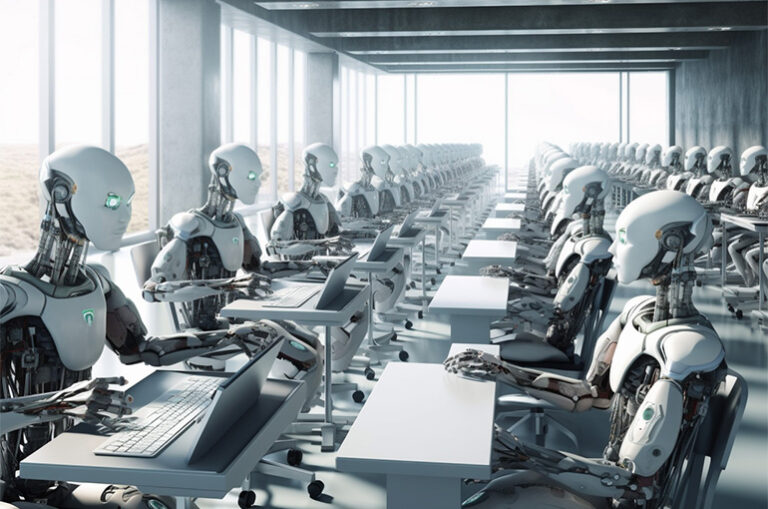
Cheating or Evolving?
kbtech times | April 28, 2025
The rise of real-time AI tools like Cluely has ignited a fierce debate across industries, universities, and hiring boards:
Is using AI during interviews a form of dishonesty — or simply the next evolution in a broken hiring system?
In a world already shaped by algorithmic recommendations, résumé optimization, and AI writing assistants, many are questioning whether real-time AI coaching is truly cheating — or merely the logical next step in an increasingly tech-driven professional world.
The Case Against AI Coaching: Undermining Authenticity
For many hiring managers, the answer is simple.
Real-time AI support during interviews undermines the entire purpose of the evaluation process.
Interviews are designed not just to assess technical skill, but to gauge authenticity, critical thinking, emotional intelligence, and the ability to adapt under pressure.
“If AI is feeding candidates answers in real time, we’re no longer interviewing the person — we’re interviewing the machine,” argues Julia Tan, senior recruiter at a global tech firm.
Critics fear that widespread adoption of AI coaching will lead to disastrous hires — individuals who can pass interviews flawlessly but collapse in real-world job performance without AI whispering guidance into their ears.
In industries like healthcare, defense, and finance, where real-time decision-making under pressure is critical, this could have catastrophic results.
The Case for AI Coaching: Leveling a Broken Playing Field
Yet a growing counter-movement sees tools like Cluely not as cheats, but as correctives to an already deeply flawed hiring process.
Supporters argue that traditional interviews are riddled with bias — favoring extroverts over introverts, native speakers over non-native, and those trained in “interview performance” rather than actual job skills.
In this view, real-time AI coaching simply levels the playing field, helping candidates present their knowledge more confidently and clearly.
“Too many brilliant candidates fail interviews because they freeze, stumble, or don’t know how to ‘play the game,’” says Dr. Nathan Chua, a labor economist at Singapore Management University.
“If AI can help them communicate their true potential, where is the harm?”
In this framing, AI coaching is less about deception and more about unlocking hidden capabilities that traditional hiring methods fail to capture.
Blurring Boundaries: Assistance vs. Deception
The real complexity lies in the intention behind using AI tools.
Is the candidate relying on Cluely to overcome nerves and structure their thoughts better?
Or are they masking a complete lack of knowledge with machine-generated expertise?
This gray area makes regulating AI-assisted interviews extremely difficult.
Banning all assistance would unfairly penalize honest candidates using minimal support.
Allowing unchecked AI use risks normalizing deception.
Some thought leaders propose a middle ground: candidates could be asked to disclose whether they used AI assistance during interviews — much like citing sources in academic work — allowing employers to assess transparency as a core skill.
But whether such solutions are practical at scale remains deeply uncertain.
The Inevitable Future: AI Will Redefine Hiring
Regardless of where one stands, one reality is clear: AI is not going away.
As technology like Cluely improves, resisting its impact on interviews will become increasingly futile.
Instead, companies may need to redesign interviews around what AI cannot easily replicate — creativity, adaptability, teamwork, emotional intelligence, and real-world problem-solving.
The future of hiring will not be about memorizing answers, but about demonstrating the human qualities that no algorithm can fake.
Those who adapt will thrive.
Those who cling to outdated ideas of “pure” interviews may find themselves left behind.






2 thoughts on “Is AI Coaching in Interviews Really Cheating — Or the Future of Hiring?”